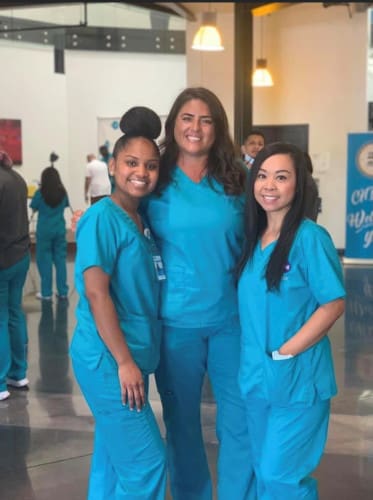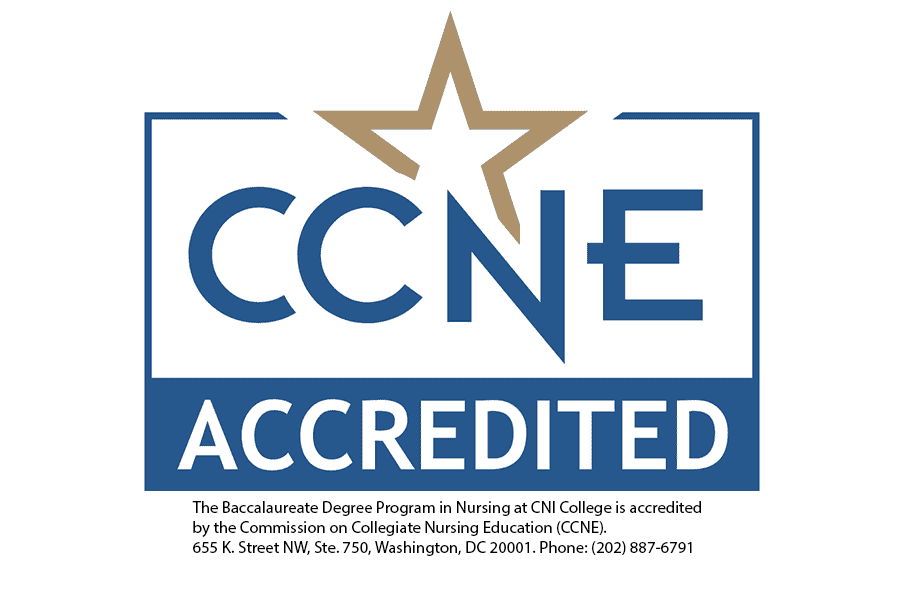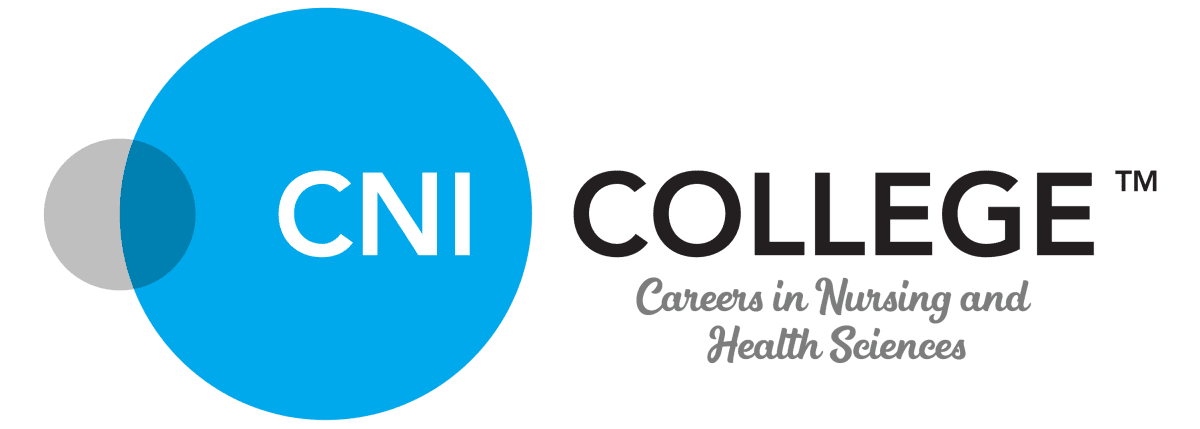In the ever-evolving healthcare industry, the demand for highly skilled nursing professionals continues to grow. Bridge programs provide a unique pathway for nurses to advance their education and careers, often in less time than traditional degree programs. If you’re currently working as a Licensed Practical Nurse (LPN) or Registered Nurse (RN) and looking to elevate your qualifications, a bridge program might be an ideal option. Here’s an overview of what bridge programs entail, why they’re valuable, how they differ from standard programs, and specific requirements for California-based nurses.
What are Nursing Bridge Programs?
Bridge programs are specialized educational pathways designed to help nurses upgrade their credentials and expand their scope of practice. The most common bridge programs include:
- LPN-to-RN: Allows Licensed Practical Nurses (LPNs) to earn an Associate Degree in Nursing (ADN) or a diploma to become Registered Nurses (RNs).
- RN-to-BSN: Enables RNs who hold an associate degree or diploma to earn a Bachelor of Science in Nursing (BSN).
- RN-to-MSN: Allows RNs to bypass the BSN level and go directly to a Master of Science in Nursing (MSN), preparing them for advanced roles in healthcare.
These programs “bridge” the educational gap, allowing nurses to transition to higher roles without having to start their education from scratch. By building on the knowledge and skills nurses have already acquired, bridge programs make advanced education more accessible and efficient.
Why Enroll in a Bridge Program?
- Career Advancement: Completing a bridge program opens doors to higher-level positions, such as nurse management, case management, and specialized clinical roles.
- Increased Earning Potential: Nurses with advanced qualifications, such as a BSN or MSN, tend to earn higher salaries compared to their LPN or ADN-holding counterparts.
- Enhanced Skills and Knowledge: Bridge programs equip nurses with advanced clinical, critical thinking, and leadership skills, enabling them to provide higher-quality patient care.
- Greater Job Security: With the growing complexity of healthcare, nurses with advanced degrees often enjoy increased job stability and expanded career opportunities.
For those in California, a BSN degree is increasingly becoming a preferred qualification for employment. Many hospitals in the state, especially those with “Magnet” status, favor hiring BSN-prepared nurses.

Key Facts About Nursing Bridge Programs
Accelerated Curriculum
Bridge programs focus on providing education at an accelerated pace. Since these programs acknowledge the prior experience and education of nursing students, they condense coursework and clinical hours.
Flexible Options
Many bridge programs are offered in a flexible format, with online and hybrid options, allowing nurses to continue working while studying. This is especially convenient for nurses who have demanding work schedules.
Clinical Requirements
Even in bridge programs, clinical experience is essential. Most programs require clinical hours in a healthcare setting, ensuring that students gain hands-on experience. However, some online programs allow students to complete clinical requirements in local healthcare facilities, which can be a big advantage for working nurses.
Licensing Requirements
For LPNs aiming to become RNs in California, completion of an LPN-to-RN bridge program allows graduates to sit for the NCLEX-RN exam, which is required to obtain RN licensure.
Transfer Credits
Bridge programs often allow nurses to transfer credits from previous educational programs, which can reduce both the time and cost of completing the program.
Differences Between Bridge Programs and Standard Nursing Programs

While traditional nursing programs are designed for individuals entering the field without prior nursing experience, bridge programs cater specifically to those already working in nursing roles. This difference means that bridge programs typically focus less on foundational nursing skills and more on advanced topics and specialized knowledge, making the learning process more streamlined for experienced nurses.
Bridge programs also differ in terms of prerequisites, curriculum focus, and duration:
- Prerequisites: Bridge programs require applicants to hold an active nursing license (LPN or RN) and to have completed certain general education or nursing courses.
- Curriculum Focus: The curriculum often emphasizes leadership, advanced clinical skills, community health, and healthcare policy, aligning with the competencies needed at a higher level of practice.
- Duration: Thanks to accelerated coursework, bridge programs generally take less time than traditional programs. For instance, LPN-to-RN programs can often be completed in 12-18 months, while RN-to-BSN programs may be completed in 12-24 months.
Requirements for Enrolling in a Bridge Program in California
The requirements to enroll in a bridge program can vary based on the institution and the specific program. However, here are some general eligibility criteria commonly needed in California:
- Active Nursing License: Prospective students must have an active and unencumbered LPN or RN license.
- Prior Education: LPN-to-RN programs typically require a diploma or certificate in practical nursing, while RN-to-BSN programs require an associate degree in nursing.
- Experience: Some programs may require a minimum amount of clinical experience, such as one year of full-time nursing work.
- Prerequisite Coursework: Depending on the program, prerequisite courses such as anatomy, physiology, microbiology, and general education courses may be required.
- Background Check: California requires background checks for nursing students due to the clinical nature of the field. Applicants may need to submit to a criminal background check and drug screening.
In California, nurses who complete bridge programs can enjoy several career advantages, as the state has a high demand for BSN and MSN-prepared nurses due to its large healthcare network and high population. California also boasts some of the highest nursing salaries in the U.S., making it an attractive place to advance a nursing career.
Important Considerations for Choosing a Bridge Program
When selecting a bridge program, consider the following:
- Accreditation: Choose a program accredited by reputable bodies, such as the Accreditation Commission for Education in Nursing (ACEN) or the Commission on Collegiate Nursing Education (CCNE). This ensures that the program meets industry standards and is recognized by employers and licensing boards.
- Flexibility: For working nurses, online or hybrid programs may offer the best balance between career and education. Some programs also offer part-time options.
- Clinical Placement Opportunities: Check if the program offers assistance with clinical placements, especially if it’s online. Clinical hours are crucial, so knowing where you’ll fulfill this requirement is important.
- Support Services: Look for programs that provide strong student support services, such as tutoring, career advising, and help with clinical placement. This support can make a difference in your learning experience.

Taking the Next Step with a Bridge Program
Bridge programs serve as a valuable tool for nurses looking to elevate their careers, enhance their skills, and increase their earning potential. These programs acknowledge and build upon your existing knowledge and experience, enabling you to reach your professional goals more quickly than through traditional programs.
For California nurses, bridge programs are especially valuable due to the state’s high demand for well-qualified healthcare professionals. Whether you’re an LPN aiming to become an RN or an RN considering a BSN or MSN, a bridge program can be a transformative step in your nursing career.
CNI College offers nursing programs designed to support your career advancement goals in California’s thriving healthcare industry. Take the first step today toward a more fulfilling nursing career with a bridge program that aligns with your ambitions and lifestyle. CNI College currently offers an RN to BSN bridge program, but feel free to reach out with questions on other program options.

